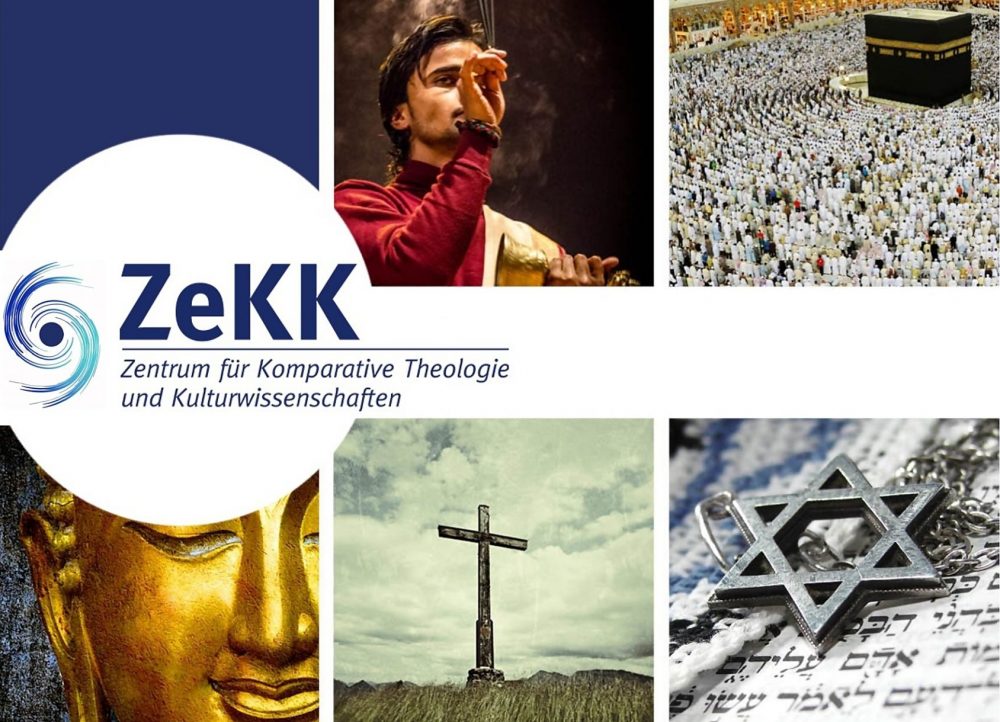Theologians are notorious for taking what appear to be straightforward aspects of religious beliefs and complicating them, showing how religious ideas are counter-intuitive, subversive and queer. I have been thinking about this recently as I was invited to participate in a research proposal submitted by the Faculty of Theology. My contribution to the proposal was to take the form of a discussion on Islamic ideas of gift.
Living with God’s gifts is difficult. Religious believers are familiar with the idea that humanity should respond to the gifts of God with gratitude. For the Muʿtazilites, an early Islamic theological sect, the realization that one owed an obligation to be grateful was the foundation of all subsequent religious experience. Before we can think about how to properly worship God, we must accept that, starting with our existence, we are all the recipients of undeserved gifts by God and that gratitude to God is therefore necessary.

But the gifts of God also create the possibility of disbelieving in God. For God’s gifts have been bestowed so liberally that their very ubiquity creates the possibility that humanity will consider these gifts as belonging to itself rather than to God, ultimately posturing, as Martin Heidegger said, as lords of the earth. This danger becomes even more real, according to Heidegger, as societies adopt ever more sophisticated forms of technology that allow humans to exploit nature for their own benefit.
Nature has, of course, traditionally been regarded as one of God’s greatest gift. Yet here again, we find that living with God’s gift is more difficult than it appears at first. For according to most classical Jewish, Christian and Muslim theologians, humanity has only been given the gift of nature on the understanding that it enjoys this gift in accordance with the will of the benefactor – God. God’s gift of nature to humanity thus has the potential to confuse humanity about its own significance and status. The effects of what is now called dominion theology, in which the maximal exploitation of natural resources is considered to be a religiously meritorious way for believers to live, only reminds us of how far the experience of receiving God’s gifts can delude us.
Muslim theologians in the classical period, al-Ghazālī and Ibn al-Qayyim to name but a few, generally spoke of gratitude and patience as related virtues. The experience of being the recipient of God’s gifts did not allow us to be free and to use that gift as we desired. God’s gift of life, for instance, is given as an unsolicited gift. We were never asked if we wanted it and we have been told we cannot return it when we want. To be the recipient of the gifts of God is thus to be under an enduring sense of obligation regarding the use of that gift – precisely the reason philosophers such as Kant and Nietzsche argue that it is contrary to human nobility to be placed in such a state of obligation and constraint. Whether it is ever possible to escape this state of being under obligations and constraints is, of course, a question that we can only answer if we first settle on a common account of what being human is all about.
Dr. Abdul Rahman Mustafa is Research Associate at the Institute of Islamic Theology in Paderborn.
